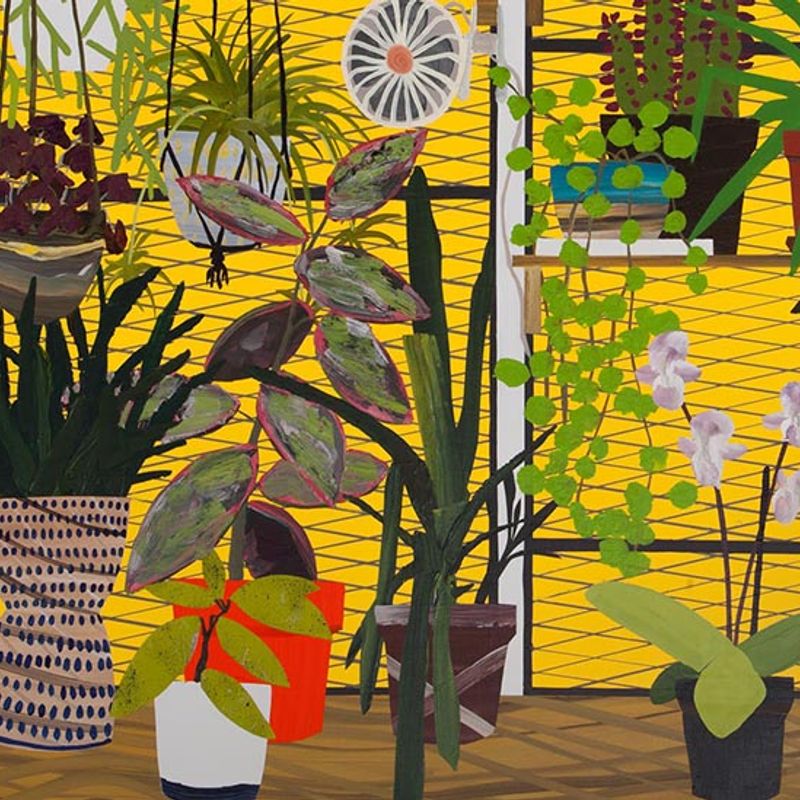Guest Editor’s Note
by jj peñaWhen I first put out this open call for creative nonfiction, the conflict between Israel and Gaza had not escalated, and the magnitude of the damage to human life had not reached our collective consciousness the way it has now. It’s difficult to not talk about the war, and it would probably be disingenuous if I did not, because at the heart of nonfiction are two main tasks: 1) to be an interviewer of the world, and 2) to witness and document not only yourself but also the people around you.
So many videos exist recording the violence and destruction thus far of the war, of homes, of people, of culture lost. There is a video I can’t get out of my head of a little girl being pulled out of rubble after a bombing. Disoriented, she asks if she’s dead, if she’s a ghost. The man pulling her out calls her the moon and then embraces her. In a lot of videos, it’s just recordings of dead bodies, either still or tattered. It’s difficult to watch all of this violence, but that is what Palestinians are asking for. For us to witness—their lives and their truths, especially when their voices and traumas are not given the same importance as others.
While I know so much more can be written on the war, and this editor’s note is insufficient in length and space, it is here, in observing how Palestinians are creating an archival history of the present’s persistence, that we see how they endure, how they are creating survival. It is a reminder of how important it is to give power to marginalized voices. How else will they be heard? Be carried?
One of the biggest draws I had in applying for Shenandoah’s editorial fellowship was to do just that, uplift marginalized writers. And I attempted to do that in this issue. As you read through these stories, I hope they give you pause and ask of you to witness both the lives that are on the page and the lives that are around you. Acknowledge them. Carry them. Keep them living.
